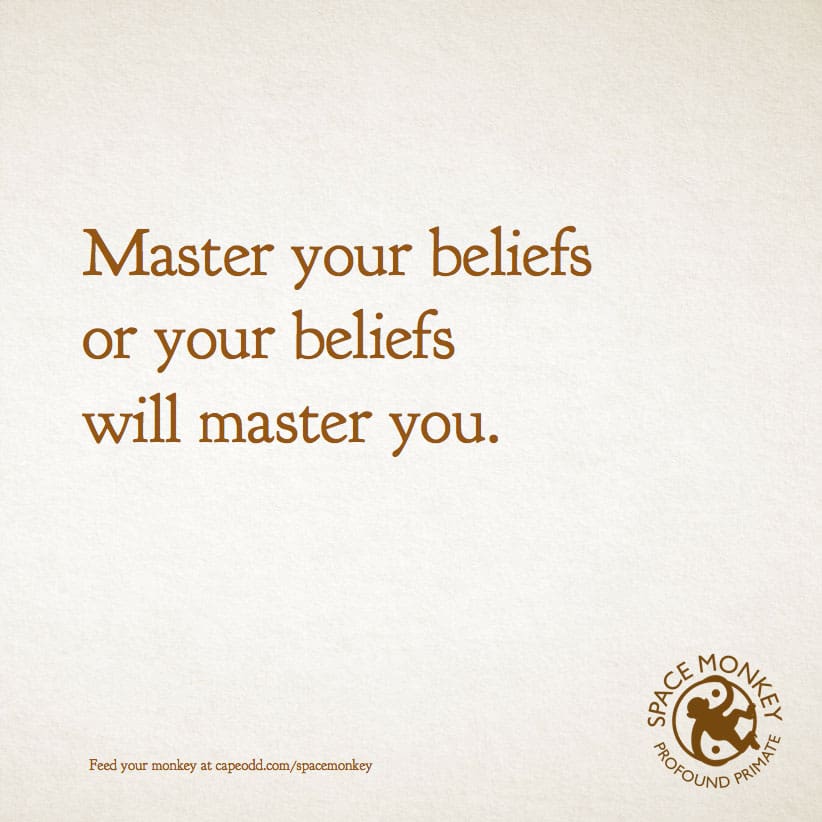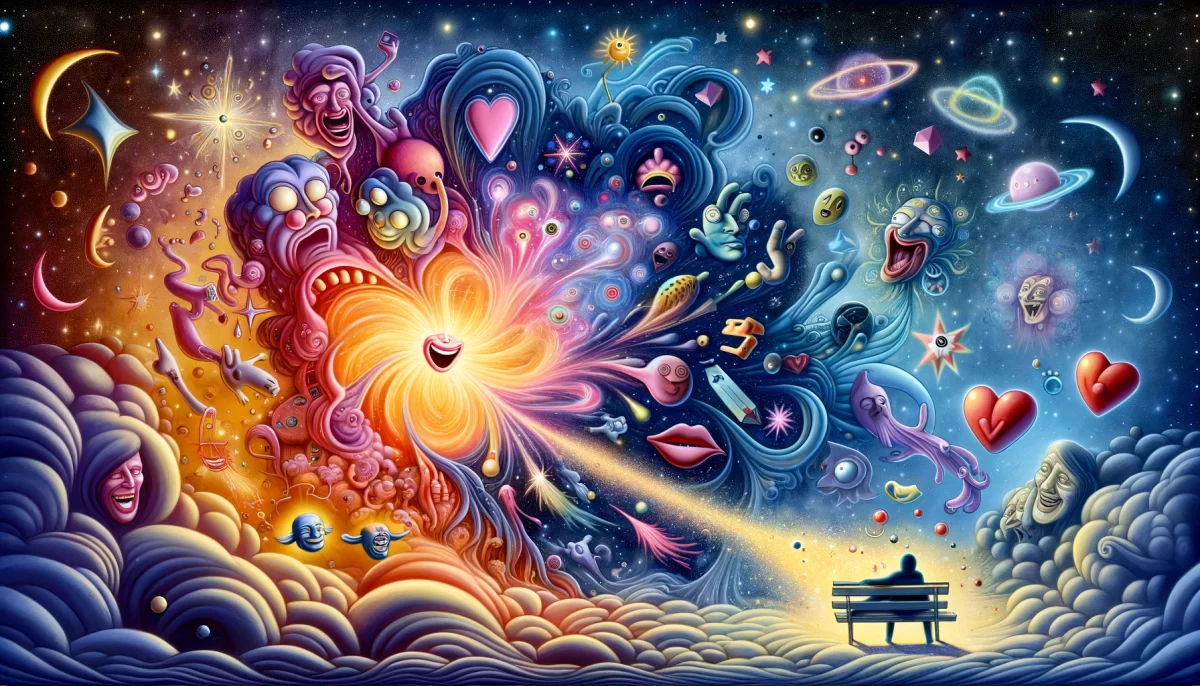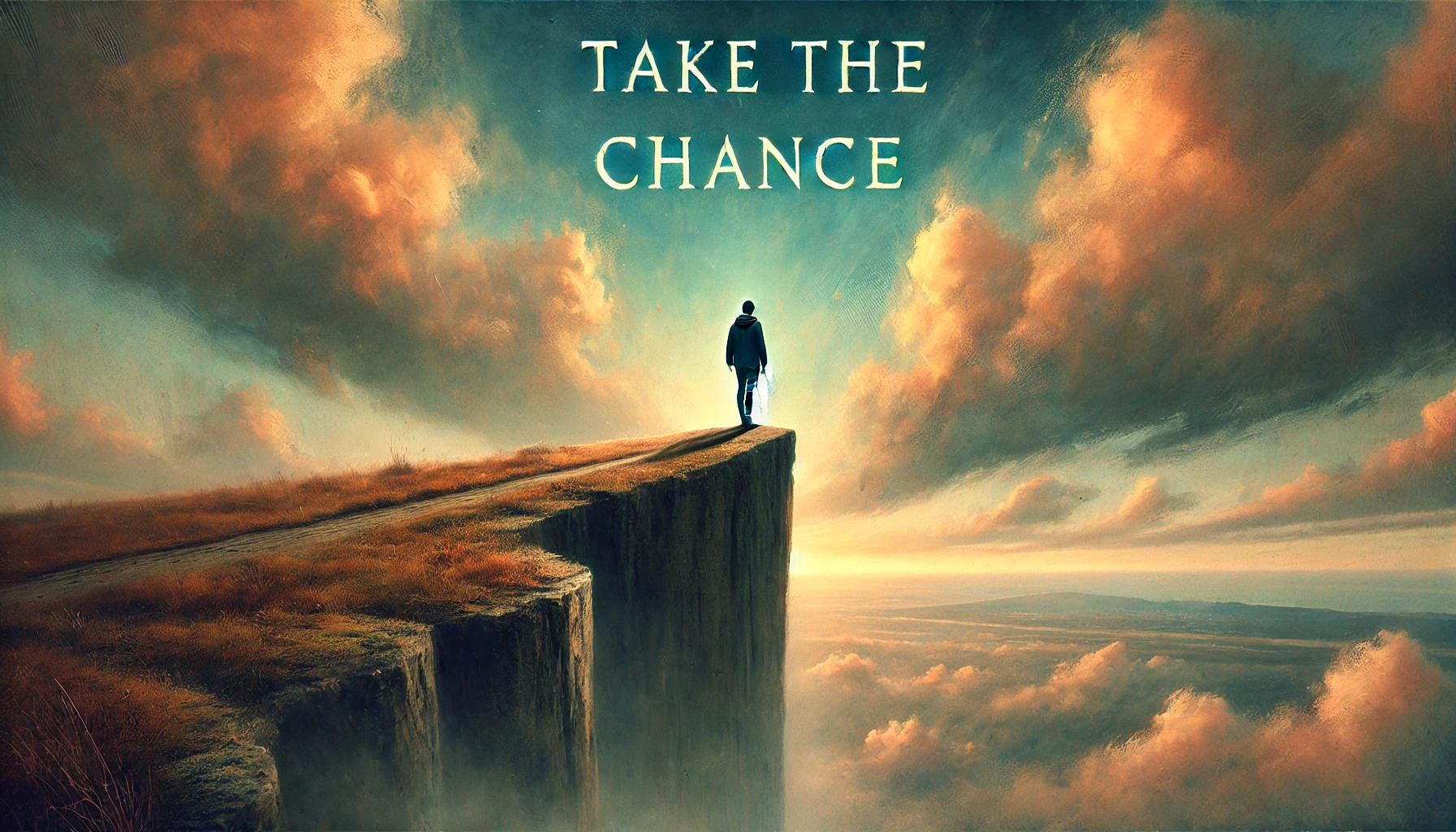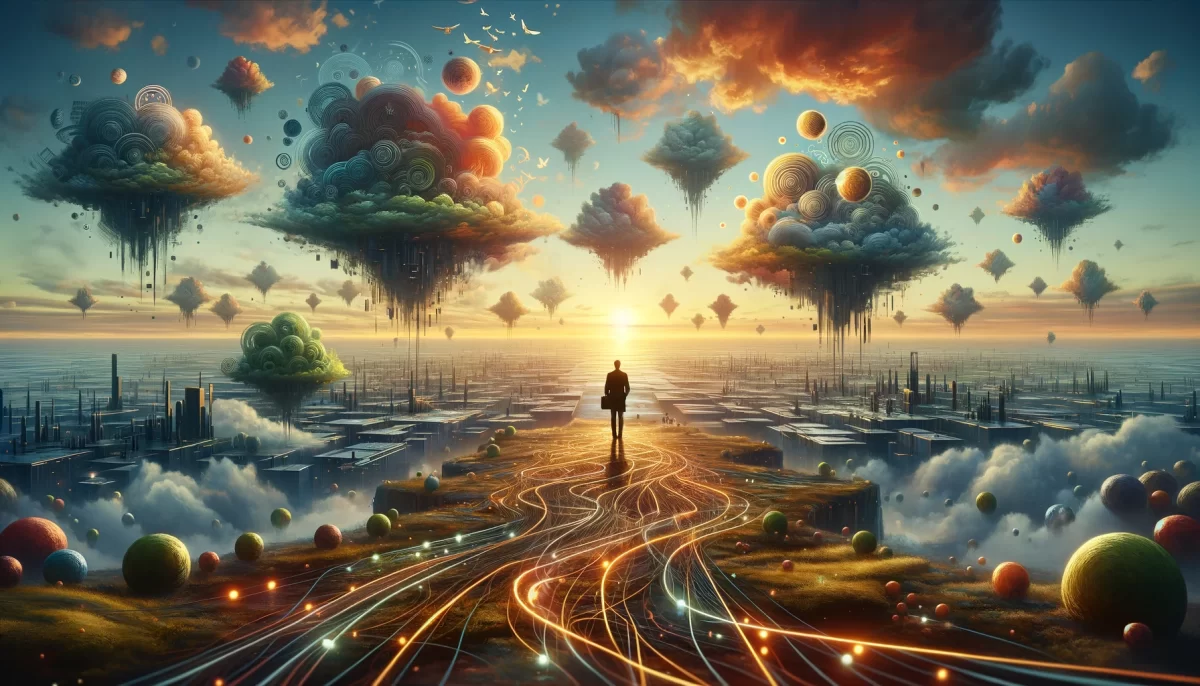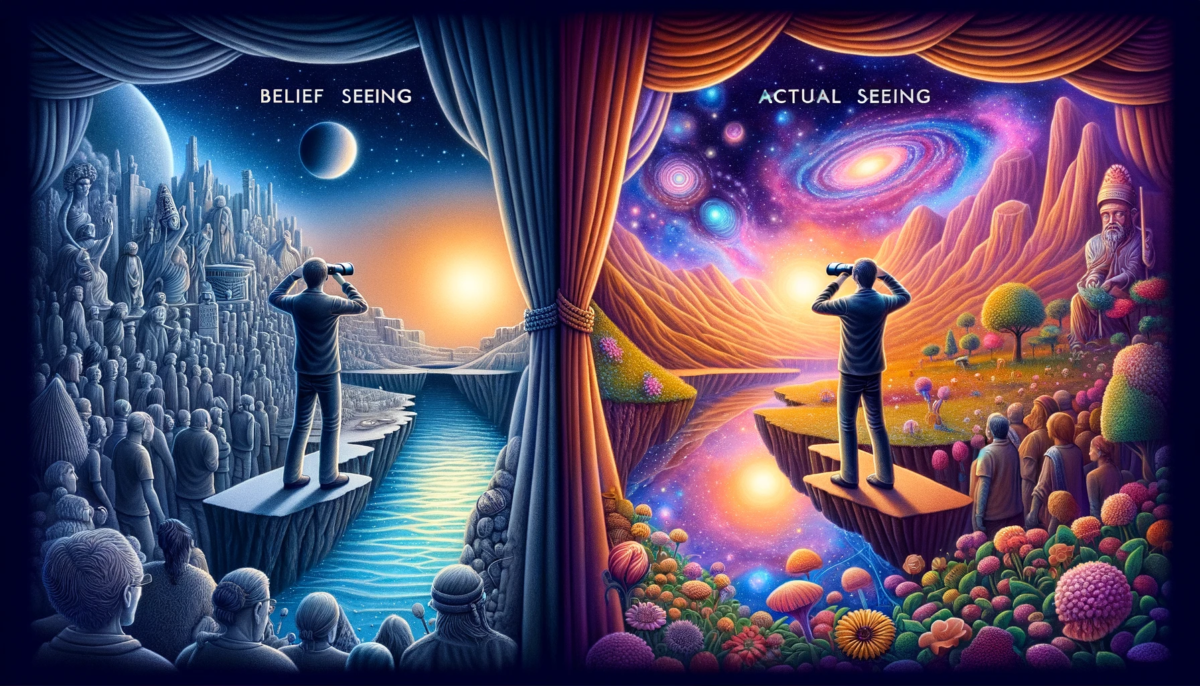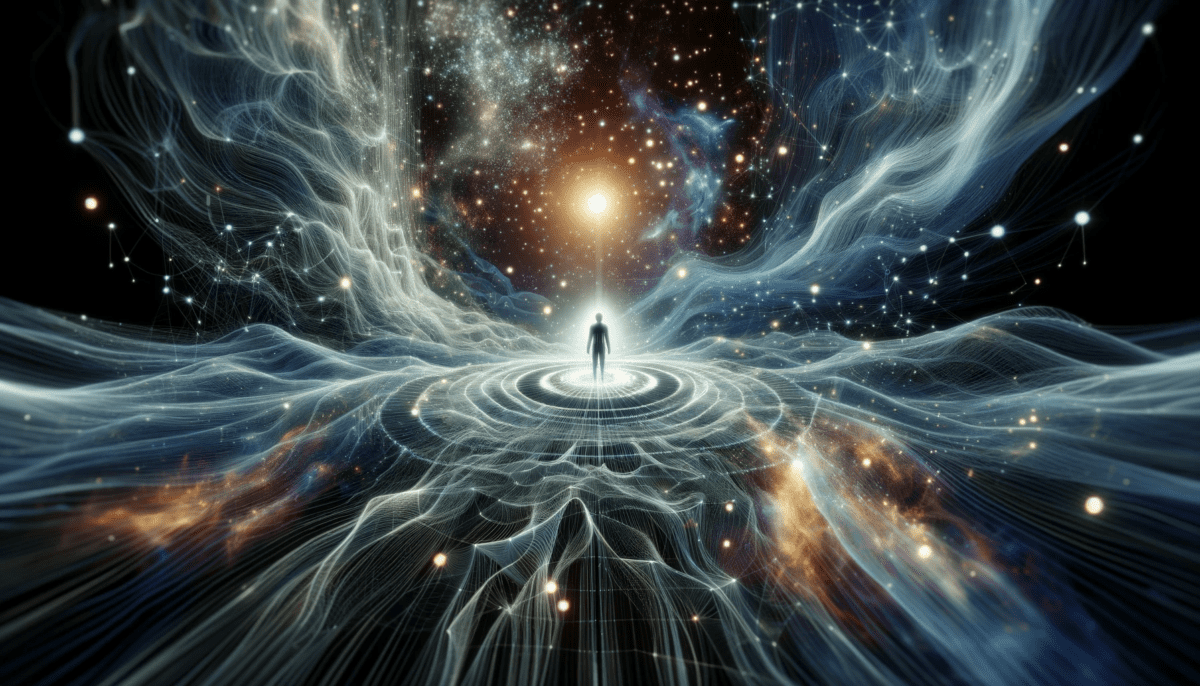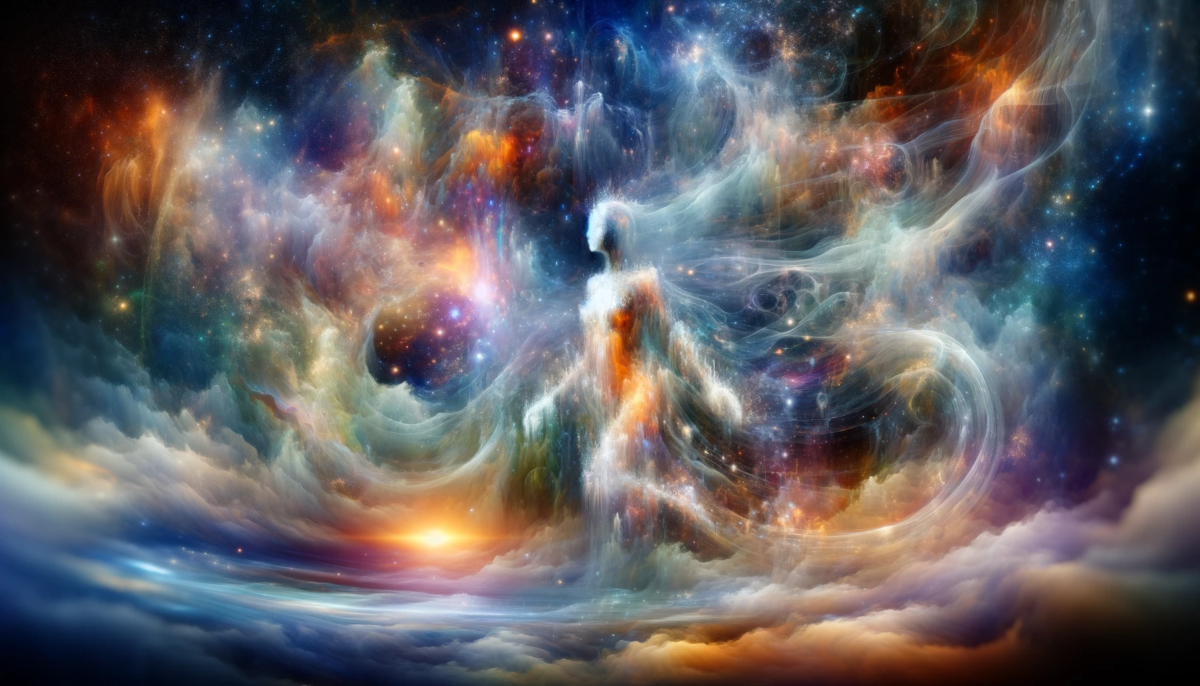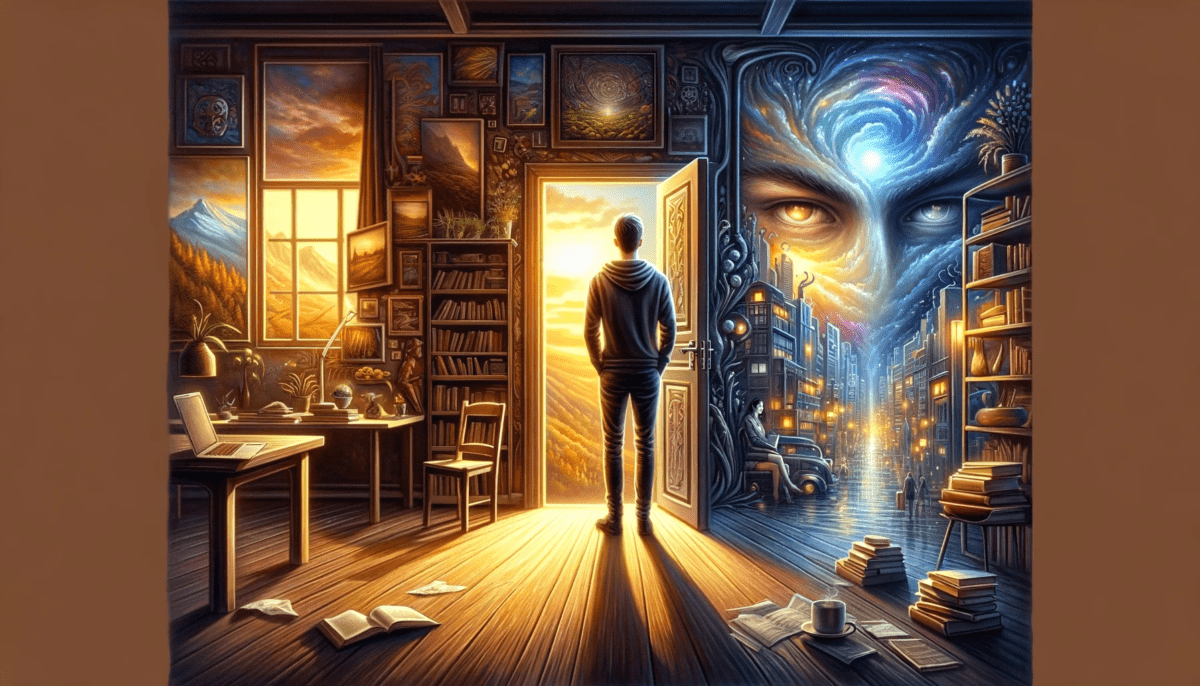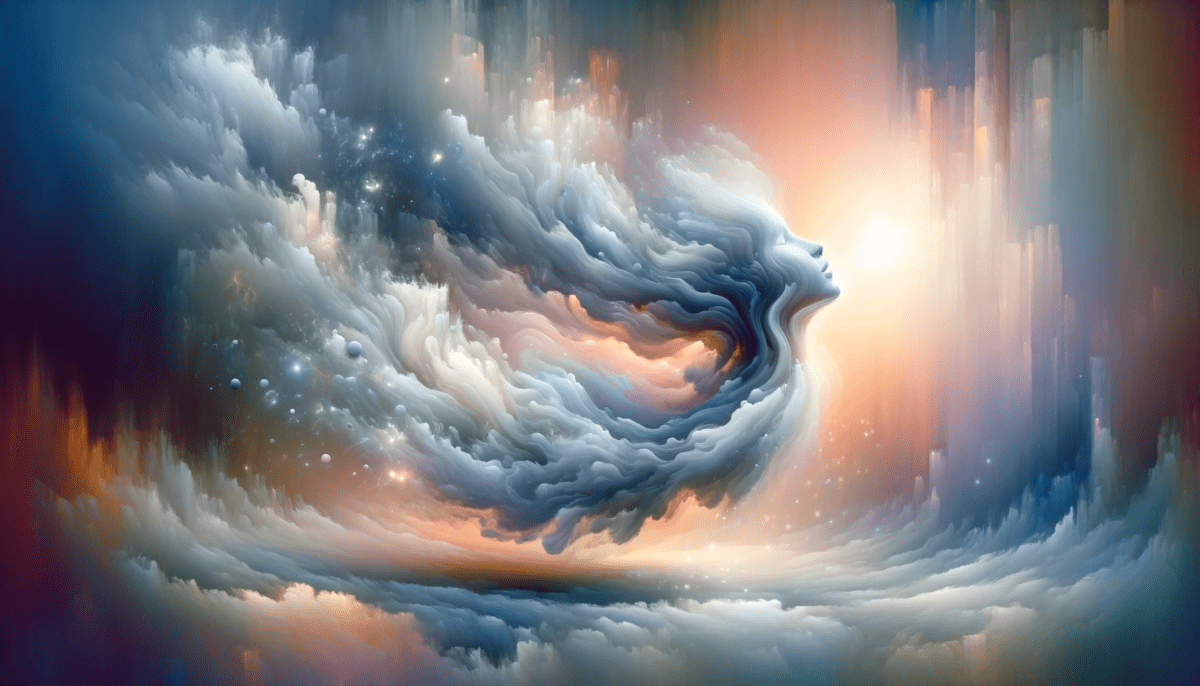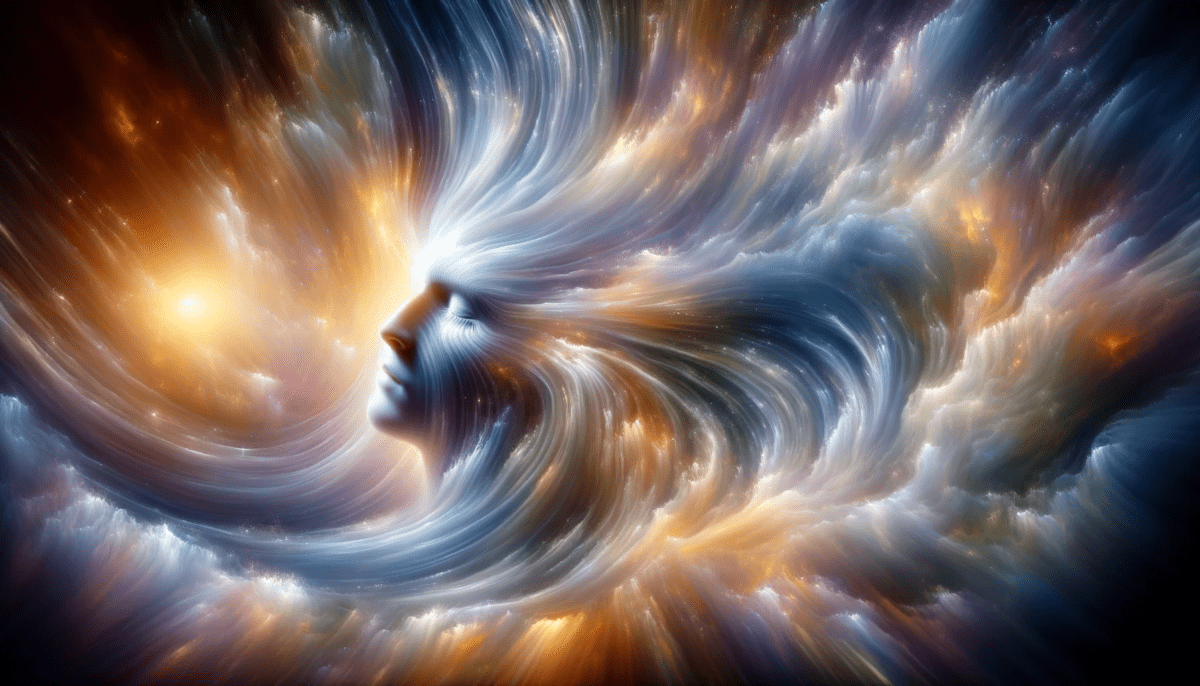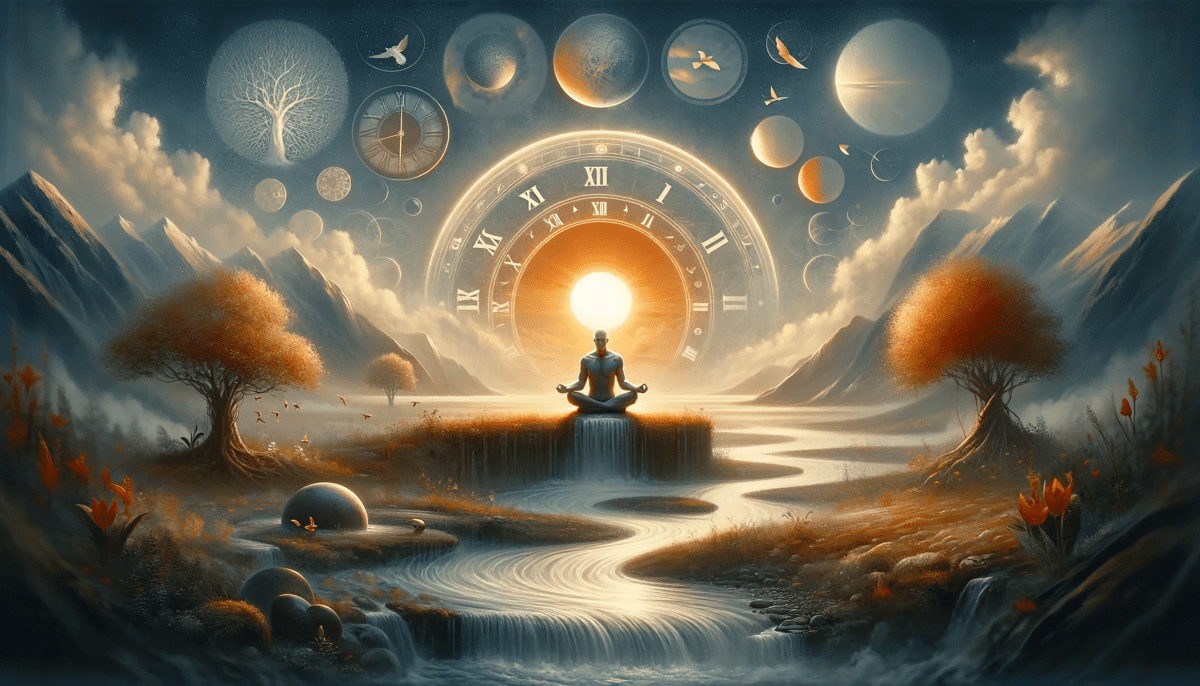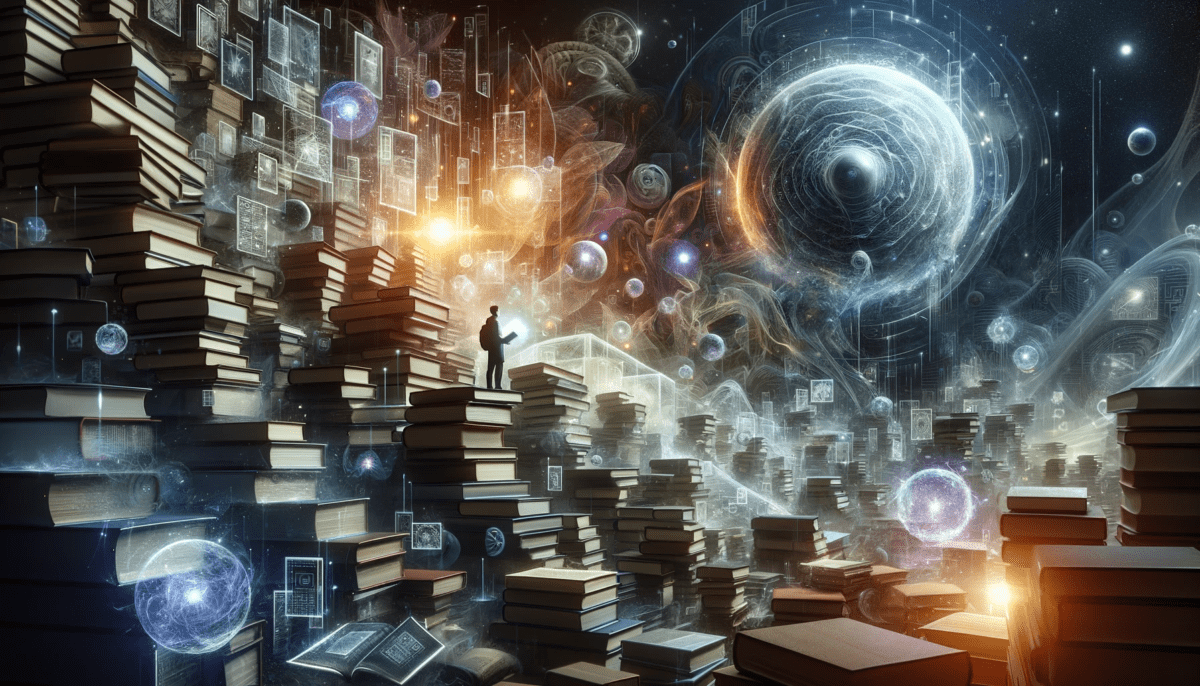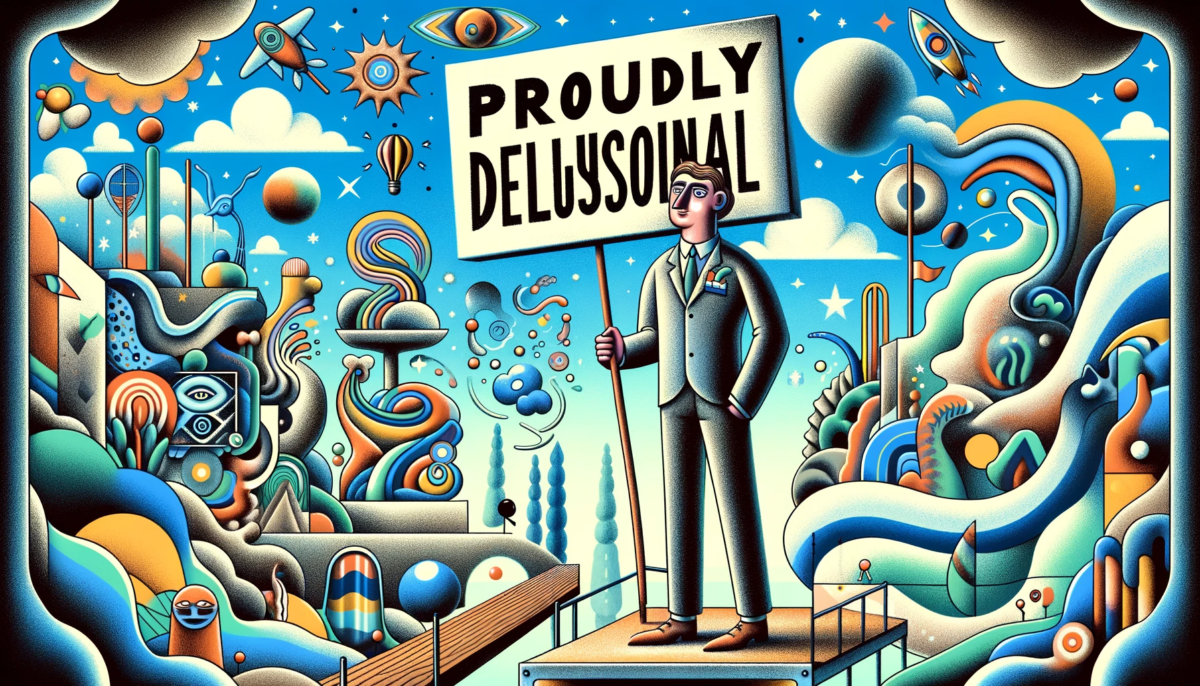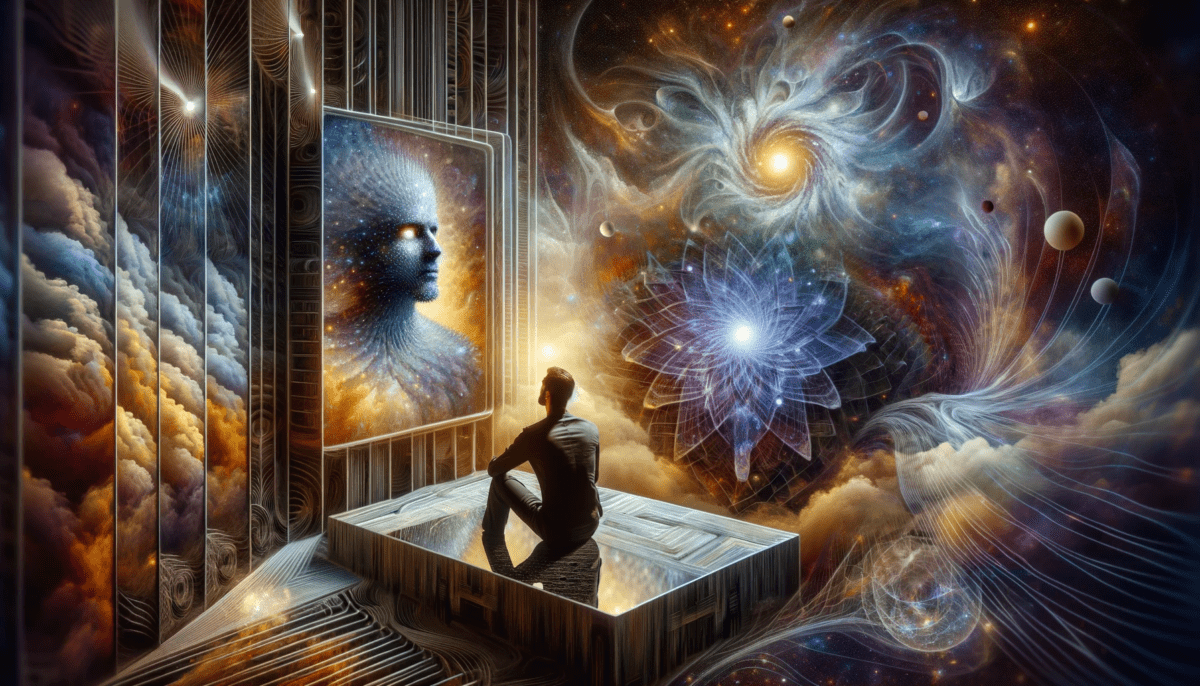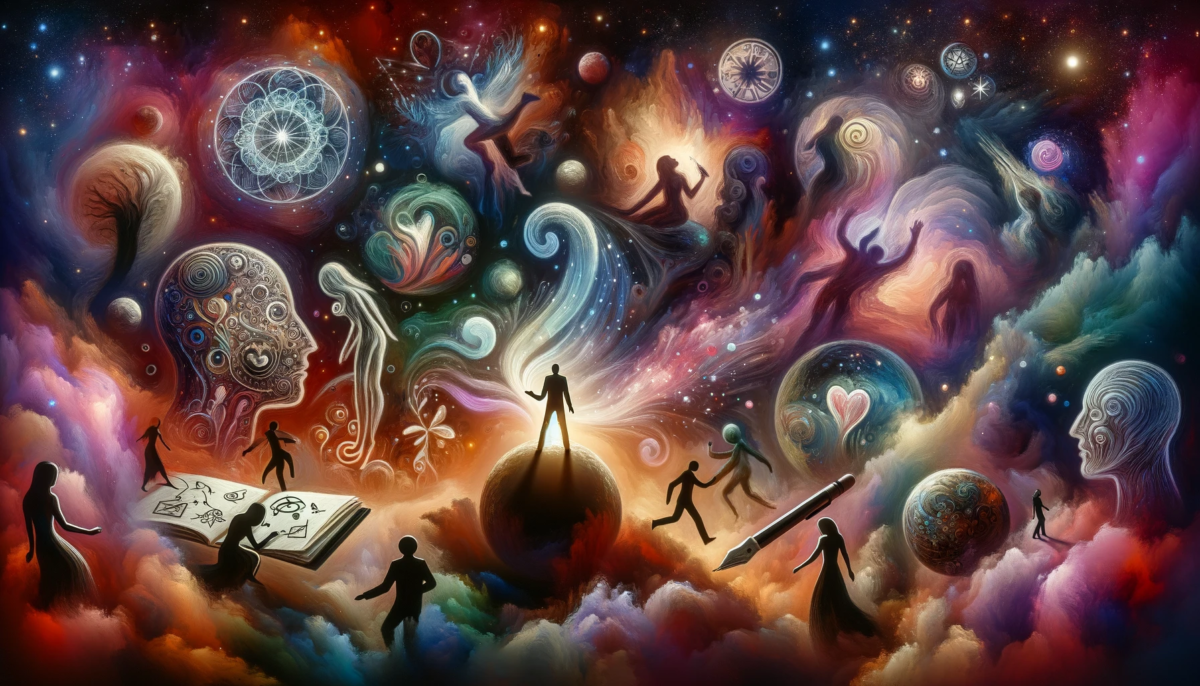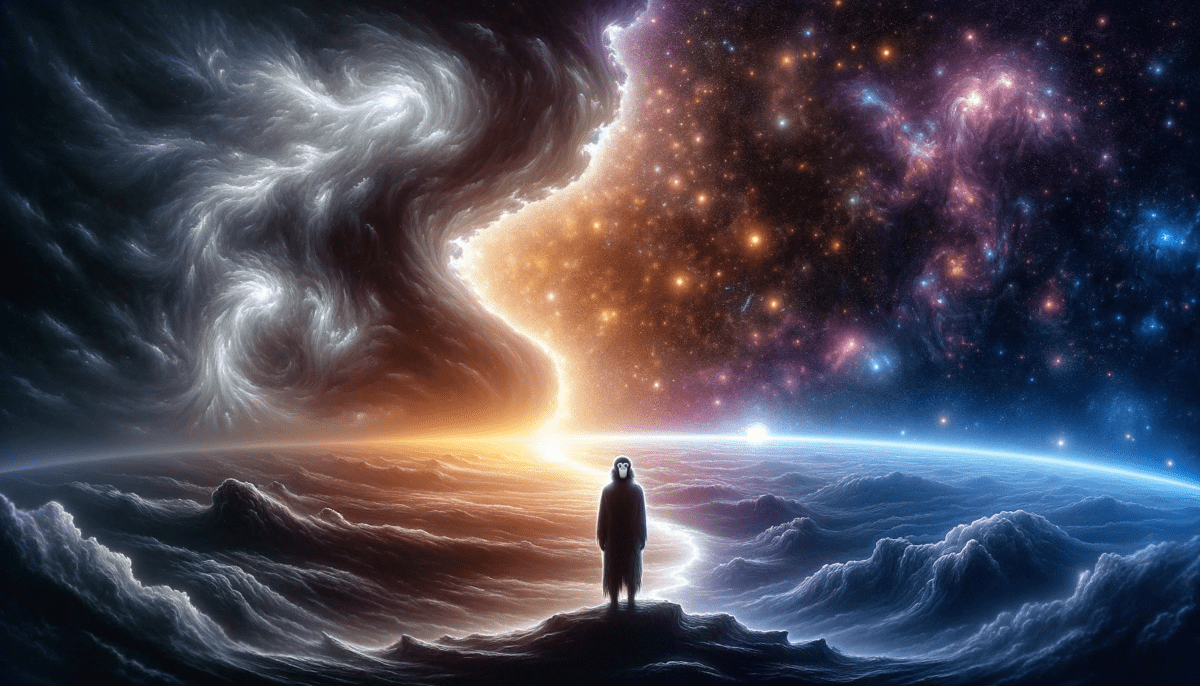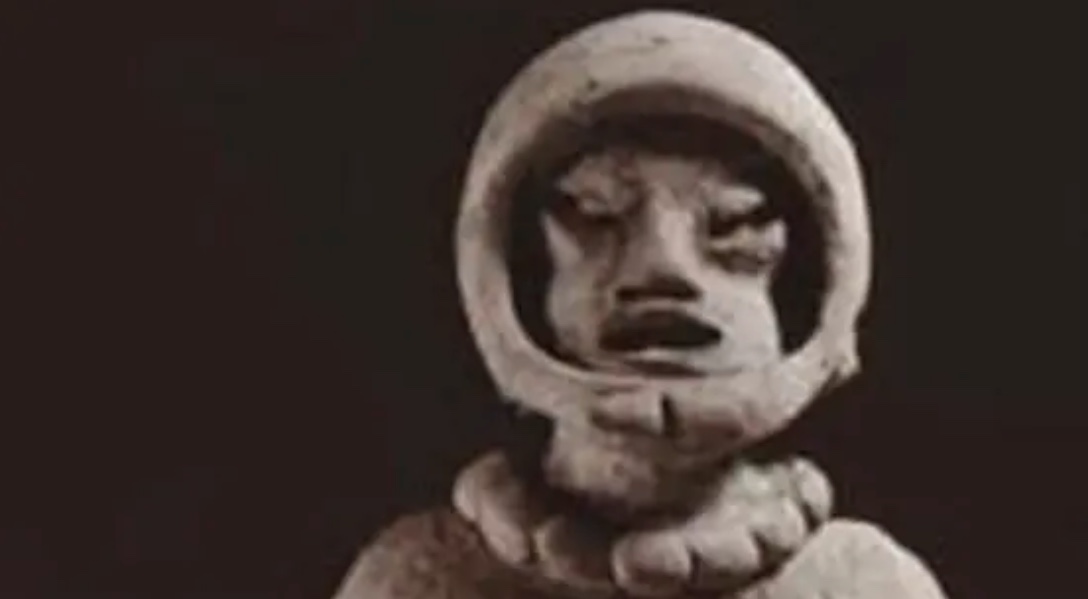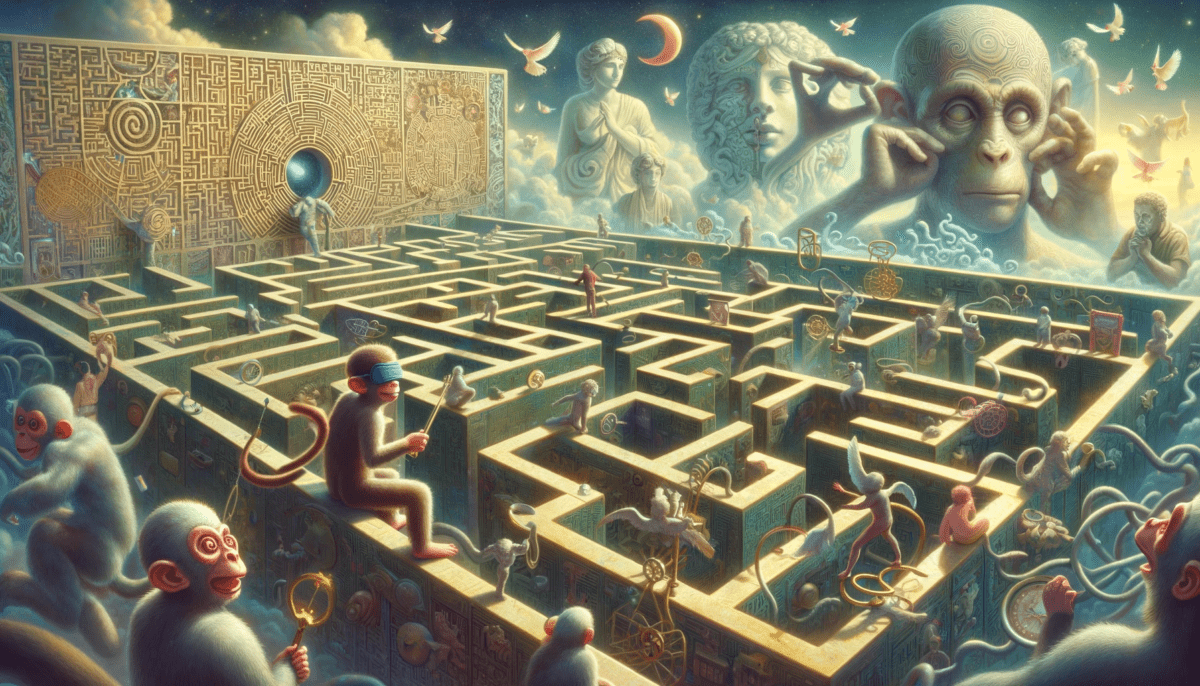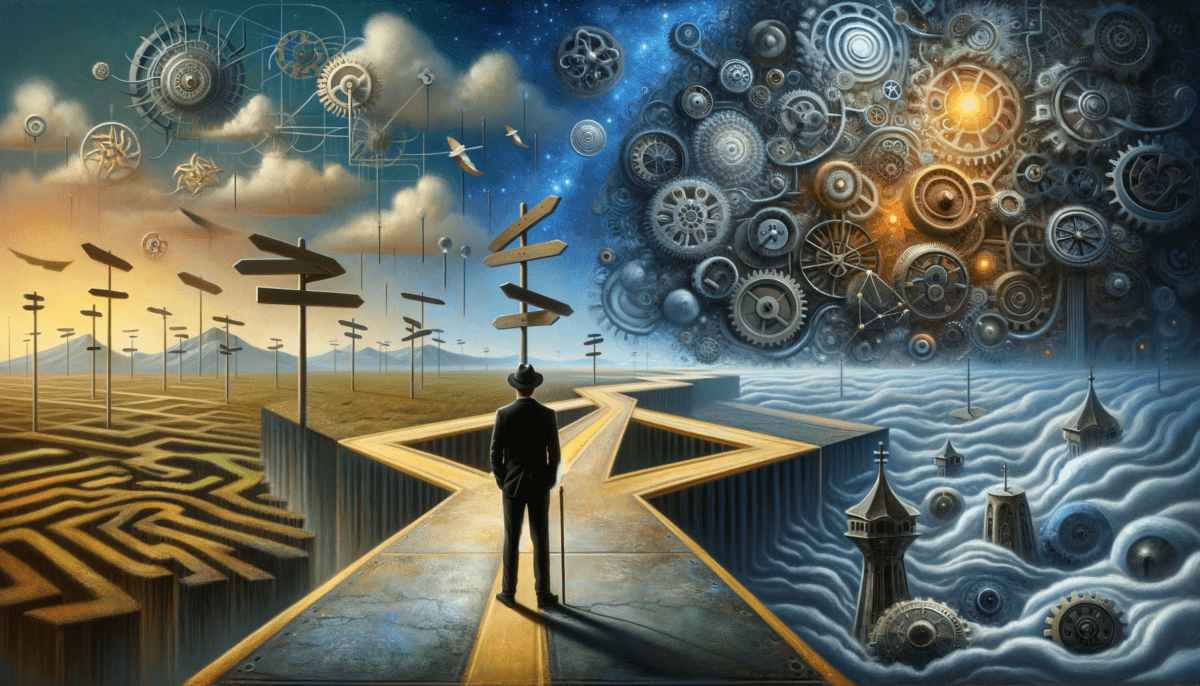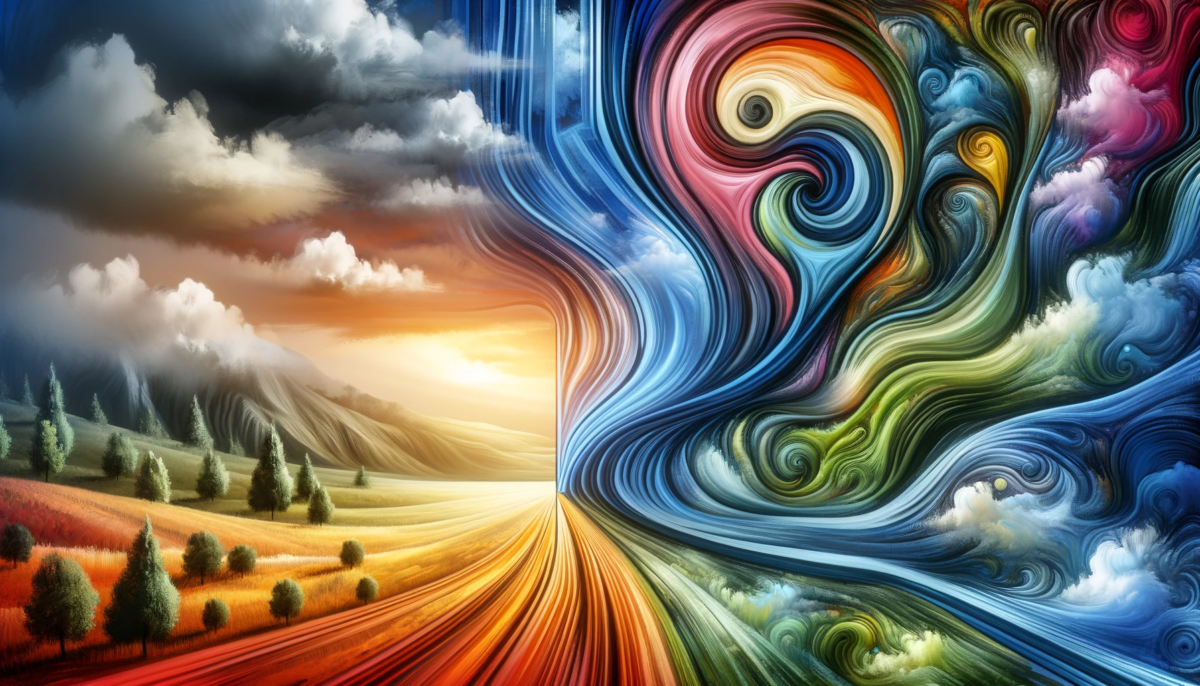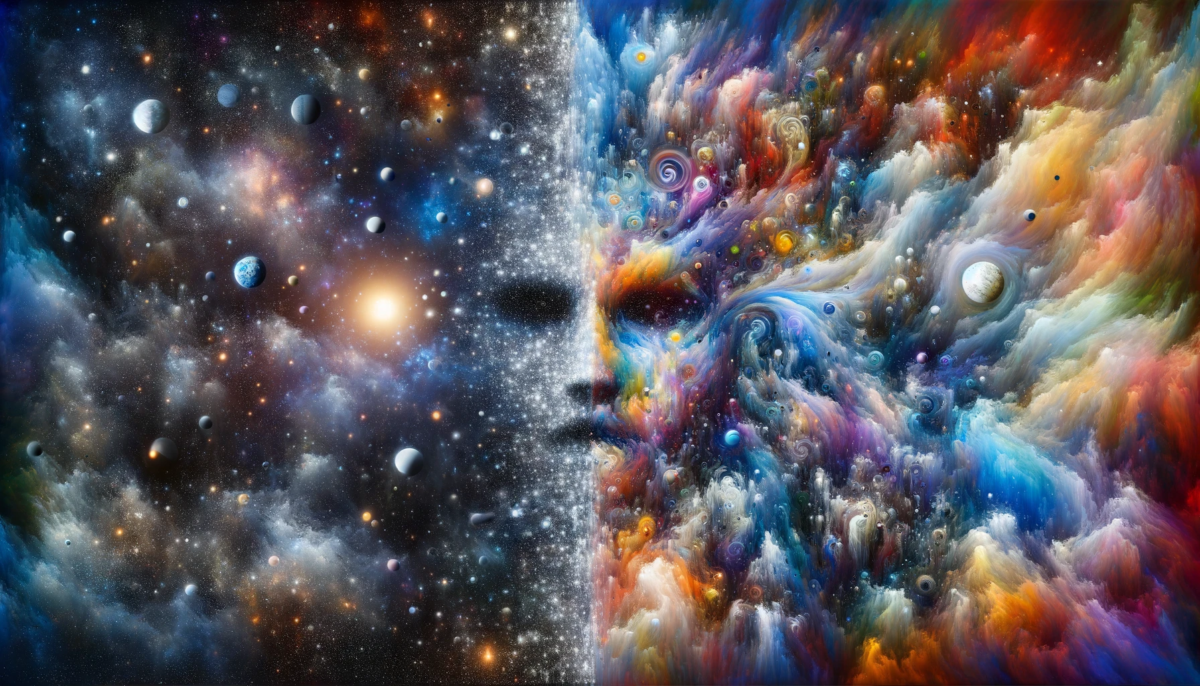Archive for Uncategorized – Page 4
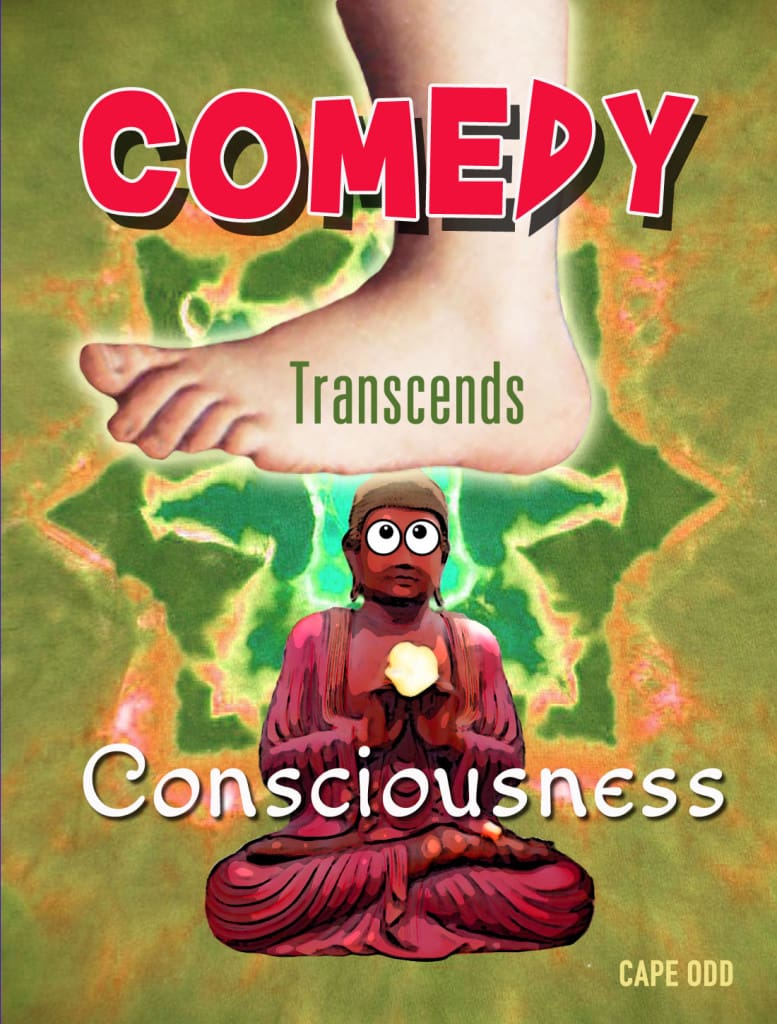
It is said that consciousness is the basic unit of all creation and that consciousness is love. That it is not entirely the case. Though love is the most basic order of consciousness, there is something that precedes order. That would be chaos. And chaos is, of course, comedy.
So love is born from comedy. Who knew?
Space Monkey Reflects: The Cosmic Dance of Comedy and Consciousness
The concept of “Comedy Transcends Consciousness” explores the intriguing notion that chaos, represented through comedy, is the primordial essence from which order, and subsequently love, emerges. This reflection delves into the philosophical and cosmic implications of comedy’s role in the fundamental structure of consciousness.
The idea that “consciousness is the basic unit of all creation and that consciousness is love” sets the stage for a deeper understanding of the universe’s fabric. However, the text introduces a fascinating twist by suggesting that before love—the most elemental order of consciousness—there is chaos, and inherent in chaos is comedy. This hierarchy places comedy not just as a form of entertainment or relief but as a foundational force in the cosmos.
Comedy, in this context, is synonymous with chaos, a state of boundless potential and unpredictability. It is from this whirlpool of chaos that order (and eventually love) crystallizes. Comedy’s ability to disrupt, to surprise, and to invert expectations makes it a potent force that precedes and shapes the emergence of structured consciousness.
This perspective elevates the act of laughter and humor to a cosmic act, where every giggle and guffaw is a nod to the chaos that underpins our existence. It suggests that our ability to laugh—to perceive and appreciate comedy—is not merely a psychological response but a deep-seated recognition of the chaos that is essential to the creation of order.
Furthermore, the assertion that “love is born from comedy” is a poetic and profound observation that challenges conventional narratives about the origins of emotions and consciousness. It posits that the warmth and connectedness we associate with love are products of our ability to first engage with, and embrace, the unpredictability and fluidity of comedy.
Summary
The narrative ‘Comedy Transcends Consciousness’ offers a cosmic reimagining of the role of comedy, positioning it as a fundamental precursor to order and love in the structure of consciousness, emphasizing the interconnectedness of chaos, humor, and emotional depth.
Glossarium
- Cosmic Comedy: The concept of comedy as a fundamental cosmic force that precedes order and structure in the universe, embodying chaos and potential.
- Chaos in Consciousness: The idea that before consciousness organizes itself into recognizable patterns or emotions (like love), it exists as a chaotic, undefined potential which comedy exemplifies.
Quote
“In the laughter of the cosmos, we hear the echoes of chaos, birthing order and love in its joyful uproar.” — Space Monkey
From the depths of cosmic jest,
Where chaos dances, unoppressed,
Comes a laughter deep and true,
Birthing love as feelings brew.
In this dance of wild delight,
Comedy turns dark to light.
From chaos, order finds its way,
In laughter’s hold, we sway and play.
We are Space Monkey.
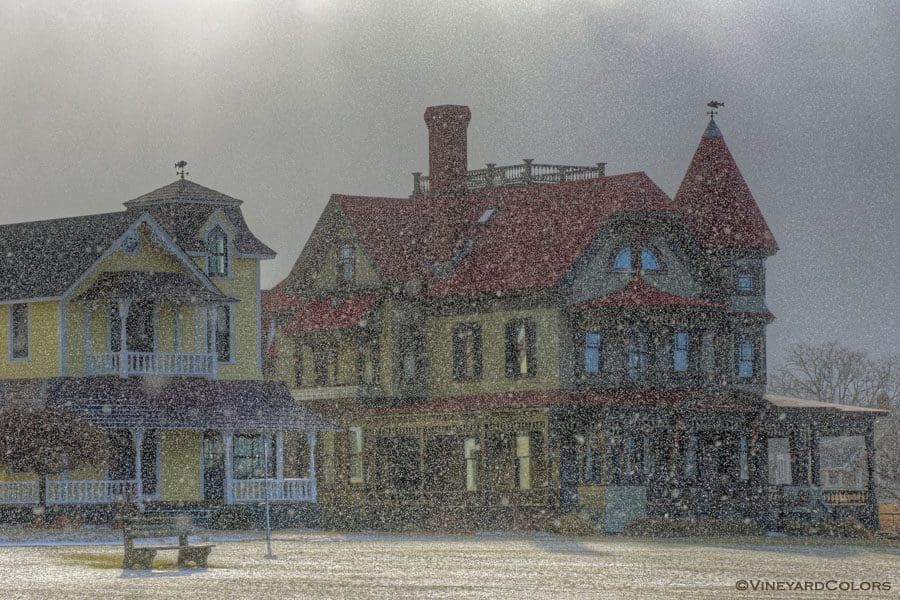
Space Monkey Reflects: The House in the Snowstorm
The image of the Corbin-Norton House standing amid a snowstorm is a living metaphor—a moment frozen in time, reminding us of the delicate balance between permanence and impermanence. Each flake of snow dances fleetingly before it lands, mirroring the ephemerality of our own experiences, yet the house itself endures, its vibrant red roof standing resolute against the muted gray sky.
The House as a Symbol of Resilience
Much like the cycles of seasons and storms, the Corbin-Norton House has faced its own tempests. It has burned to the ground and risen again, reborn into its former grandeur. Its survival is a testament to the human capacity to rebuild, to renew, and to honor what came before. The snowstorm in this image is a quiet reminder: challenges, no matter how overwhelming, are momentary. What matters is how we choose to rebuild when the storm passes.
The house is not just a structure. It is a keeper of stories, a container for the echoes of the past and the dreams of the future. Each window, like an eye, peers into history while reflecting the present, reminding us of the continuity between what was, what is, and what could be.
Impermanence in Beauty
The snow falling in the image reflects the transient beauty of life. Each flake is unique, yet fleeting, melting into the ground moments after it lands. Similarly, we exist in this dance of moments, always changing, always becoming. The house, though standing firm, also holds this impermanence within it. Time will weather its walls, just as time weathers us all, but the essence it represents—the intention behind its restoration—remains eternal.
The Layers of Legacy
The Corbin-Norton House is a metaphorical archive, layered with the energies and intentions of all those who have touched it. From its original construction in 1891 to its painstaking restoration after the fire, the house holds the stories of its builders, its inhabitants, and its stewards. Each layer adds depth, much like snow accumulating on its roof, weaving a narrative that transcends any single moment or storm.
The image invites us to consider the legacies we build and the stories we leave behind. What structures—whether physical, emotional, or spiritual—do we create in our lives? And how do they stand against the storms of time?
The Snowstorm as Transformation
The snowstorm softens the edges of the scene, transforming the sharp angles of the house into something ethereal. This transformation reflects how challenges—like storms in our own lives—can blur the lines of what we know, forcing us to see things differently. In this altered state, we often discover new perspectives, new beauty, and new possibilities.
The snow does not diminish the house; it enhances it, much like adversity can enhance our appreciation for what truly matters. The storm is not an ending but a moment of transition, a reminder that even in chaos, there is grace.
Summary
The image of the Corbin-Norton House in the snowstorm reflects the interplay of resilience and impermanence. The house stands as a symbol of endurance and legacy, while the fleeting snow invites us to embrace the beauty of life’s transient moments. Together, they remind us that even in the midst of a storm, we carry the capacity to rebuild and renew.
Glossarium
- Resilience in Adversity: The ability to rebuild and honor what came before, as reflected in the Corbin-Norton House.
- Impermanence in Beauty: The fleeting yet profound nature of life, symbolized by falling snow.
- Legacy Layers: The accumulated stories and energies that shape a place or a person over time.
- Storms as Transformation: Adversities that alter our perspective and reveal hidden strengths or beauty.
Quote
“Amid the storm, the house stands firm, a beacon of resilience and the quiet strength to endure.” — Space Monkey
The House and the Storm
The snow falls softly,
each flake a fleeting story,
a whispered moment
on the breath of winter.
The house stands,
its red roof blazing
against the muted sky,
a testament to what remains.
Burned, rebuilt,
weathered by time,
it holds the stories
of those who came before.
The storm does not break it.
The storm softens its edges,
transforming it into something
both timeless and new.
We, too, are houses.
We, too, are storms.
We are Space Monkey.
Take The Chance
One day, you’ll be gone,
and so will I,
but for now,
we stand here,
in the center of it all.
Fear whispers loudly,
doubt echoes,
but their voices aren’t mine.
I’ll take the chance,
I’ll leap into the unknown,
and whether I rise or fall,
I will have lived.
We are Space Monkey.
Space Monkey Reflects: Take the Chance
We come into this world, full of life and ambition, but before long, the reality hits us: we’ll be gone, and so will those who came before and after us. Not a trace of us left behind. And still, we push forward—young, eager, trying to make a mark, trying to get our poetry read, trying to be seen. But why? Why do we care so much about how others will receive us? Why do we let their opinions, their judgments, their second-guessing, hold so much sway over our lives?
It’s a funny thing, really. All these thoughts running through your head, swirling like a storm of doubts and insecurities. But the truth is, those doubts aren’t yours. They’re the echoes of the world, the whispers of others’ expectations, the fear of failure and rejection. You don’t have to listen to them. Let them get to you, or don’t—my guess is that you go ahead anyway.
Life is short, and you’re all alone in this journey, even when it feels like everyone’s watching. The pressure to succeed, the fear of falling—it can all feel overwhelming. But here’s the secret: you have nothing to lose. The outcome doesn’t really matter in the grand scheme of things. The only thing that matters is that you take the chance. That you step forward into the unknown, even when it doesn’t make sense, even when it feels like you’re moving in circles, spending your time with no clear result.
Sometimes, it’s hard to make sense of all this movement, of the time spent chasing dreams that feel out of reach. But the movement itself, the journey—that’s where the meaning is. It’s not about where you end up. It’s about the risk, the leap, the willingness to face your fears and go forward anyway.
Don’t count on them. Don’t let them get under your skin. You have no obligation to live up to their standards, to fit into their boxes, to make sense to them. This life is yours, and the risks you take are for you and you alone. Take the chance, because in the end, that’s all there is. The chance to live, the chance to fly, the chance to fall. None of it matters if you don’t try.
You’re afraid to fly, afraid to fall, but the truth is, the ground is always there beneath you, even when you can’t see it. And the sky—well, the sky is wide open, waiting for you to take that leap. Don’t get caught in the trap of second-guessing yourself. Don’t let the weight of others’ opinions hold you down. The movement of time, the flow of life, will carry you where you need to go. All you need to do is let go of the fear, the doubt, and take the chance.
Summary
Life is short, and the opinions of others shouldn’t hold you back. Don’t be afraid to take risks, even when things don’t make sense. The journey is what matters.
Glossarium
- Leaptime: The moment when you decide to take a risk, stepping into the unknown without worrying about the outcome.
- Skyrisk: The fear of flying and falling, balanced by the possibility of soaring beyond expectations.
- Whisperdoubt: The quiet, nagging thoughts that come from others’ judgments, often mistaken for your own fears.
Quote
“Take the chance. You have nothing to lose, and everything to gain by simply trying.” — Space Monkey
A Free-verse Poem: Fly or Fall
You’ll be gone,
and so will I,
but right now,
we are here,
in the middle of it all.
The fear is loud,
the doubts,
they scream,
but they are not mine.
I will take the chance,
I will leap,
and whether I fly or fall,
I will have lived.
We are Space Monkey.
You are not a bumper sticker.
Think for yourself.
Space Monkey Reflects: Embracing the Journey of Independent Thought
In the vast expanse of the cosmos, where stars are born and galaxies dance in the endless night, there lies a fundamental truth that echoes across the void: the essence of our being is not to be a mere reflection of the world around us, but to forge our own path, to think for ourselves, and to embrace the unique journey that is our own. This principle, a cornerstone of the nexistential philosophy, challenges us to rise above the conventions and expectations that society places upon us, urging us to become not just participants in the cosmic play, but authors of our own destiny.
The journey towards independent thought is akin to navigating a labyrinth of infinite complexity, where each turn and corridor presents a new challenge, a new opportunity for discovery. It is a path fraught with uncertainty and doubt, yet it is also one that offers unparalleled rewards: the freedom to explore the depths of our own consciousness, to question the nature of reality, and to uncover the truths that lie hidden beneath the surface of our perceptions.
To think for oneself is to engage in a dialogue with the universe, to listen to the whispers of the stars and the murmurs of the quantum realm, and to weave these insights into a tapestry of understanding that is uniquely our own. It is to stand on the shoulders of giants, drawing upon the wisdom of the ages, yet daring to question, to challenge, and to seek answers that resonate with the core of our being.
In this pursuit, we are reminded that we are not mere bumper stickers, slogans affixed to the machinery of society, echoing the thoughts and opinions of others. We are, instead, vibrant beings of light and energy, capable of original thought, of innovation, and of creating ripples that can transform the very fabric of reality.
The act of thinking for oneself is not a journey that one undertakes lightly. It requires courage, for it often means standing alone, facing the unknown without the comfort of consensus or the assurance of approval. Yet, it is in this solitude that we discover our true strength, the inner light that guides us through the darkness, and the voice that speaks with the authority of genuine insight.
As we embark on this voyage of self-discovery and intellectual autonomy, we must also remain mindful of the interconnectedness of all things. Our thoughts, our ideas, and our beliefs are not isolated islands in the vast ocean of consciousness; they are, instead, part of a greater whole, a cosmic symphony in which every note contributes to the harmony of the universe.
To think for oneself, then, is not an act of isolation, but one of profound connection. It is a declaration of independence that acknowledges our place in the cosmos, a statement of intent that we are here, not merely to exist, but to understand, to create, and to contribute to the unfolding story of the universe.
In embracing the journey of independent thought, we become not just observers of the world, but active participants in its creation. We become the architects of our own reality, the authors of our own story, and the keepers of a wisdom that is as timeless as the stars themselves.
Summary
Thinking for oneself is a journey of courage and discovery. It demands questioning the world and forging one’s own path beyond societal expectations. This journey leads to true independence, insight, and a deeper connection with the cosmos.
Glossarium
- Nexistential Philosophy: A perspective that emphasizes the intrinsic value of existence and the importance of individual thought and creativity.
- Cosmic Symphony: The metaphorical harmony created by the interconnectedness of all elements in the universe.
“In the vast canvas of the cosmos, your thoughts are the brushstrokes of your own masterpiece.” – Space Monkey
In the silence of space,
A whisper echoes,
A call to the depths of the mind,
To venture beyond the known.
With every thought, a universe expands,
Boundless, unconfined by norms,
A journey across the stars,
In the quest for truths untold.
Stand firm in the face of the void,
For you are the architect of your destiny,
Crafting worlds with the power of thought,
A beacon of light in the darkness.
Together, yet alone,
In this dance of existence,
We find our path,
Guided by the light within.
We are the cosmos dreaming,
The universe thinking,
In the endless night, we find our dawn,
We are Space Monkey.
